http://rt.com/news/190180-us-syria-strikes-isis/
New US-led airstrikes hit Syrian territory – monitor
Fresh strikes by a US-led coalition have hit Syrian territory near the Turkish border held by IS (formerly ISIS) militants, according to the organization that monitors situation in the country.
Military planes that conducted attacks came from the direction of Turkey and were not Syrian, head of UK-based Syrian Observatory for Human Rights Rami Abdulrahman told Reuters.
He added that the planes carried out strikes to the west of the strategic city of Kobani.
The first attacks by the US-led alliance were launched on Tuesday, with 30 militants allegedly killed in the airstrikes. The attacks also killed eight civilians, including three children.
Last week, the radical jihadist group Islamic State started an offensive against the mainly Kurdish city of Kobani, and 130,000 Syrian Kurds fled the violence.
http://news.antiwar.com/2014/09/23/suddenly-khorasan-new-us-enemy-came-out-of-nowhere/
Suddenly Khorasan: New US Enemy Came Out of Nowhere
Rep. King: Name Was Supposed to Be Top Secret
by Jason Ditz, September 23, 2014
It was no surprise when the Obama Administration began attacking ISIS targets in Syria last night. What was surprising was that the US also attacked a group known as Khorasan, then hyped what a huge, “imminent” threat they supposedly are.
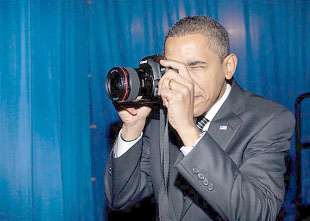 Bizarrely, the history of the Khorasan faction is virtually non-existent, and officials weren’t even mentioning the group until last week. Estimated at 50 fighters, the group is suddenly a huge pretext for military intervention, even though today’s attack reportedly killed 30 of them.
Bizarrely, the history of the Khorasan faction is virtually non-existent, and officials weren’t even mentioning the group until last week. Estimated at 50 fighters, the group is suddenly a huge pretext for military intervention, even though today’s attack reportedly killed 30 of them.
Rep. Peter King (R – NY) claimed to be familiar with the group, saying the administration had been telling members of Congress about Khorasan for “several months,” and that even the name of the group was supposed to be “top secret.”
Others claimed the group had, apart from its name, been known to exist for over a year now. That something al-Qaeda linked was known to exist in Aleppo was hardly news, but was it really what is being presented as Khorasan now?
It seems unlikely. The group’s putative leader Muhsin al-Fadhli was being claimed by the State Department to be the leader of “al-Qaeda in Iran” as recently as May, which doesn’t exactly point to him being active in some super dangerous group in Syria for a solid year.
Indeed, the whole al-Qaeda in Iran conceit from the US has been extremely dubious and primarily thrown out there when things in Afghanistan (or before that Iraq) weren’t going well and they needed a scapegoat. The Khorasan name seems better fitted to this putative faction, since Khorasan is a region of eastern Iran.
The Khorasan plots appear to be lifted straight out of 2009-2010, accusing the new group of scientifically dubious bomb plots involving explosive clothing that were lifted straight out of the allegations against al-Qaeda in the Arabian Peninsula (AQAP) back then, when the US was looking for a pretext to launch a drone war there. The other allegations seem to be a rehash of 2013 claims about al-Qaeda inventing a magic liquid that can turn clothes into undetectable bombs, a scare story that was created, and died almost immediately over lack of evidence.
Pentagon: ISIS Will Rebound from US Airstrikes
Monday Night Attacks 'Only the Beginning'
by Jason Ditz, September 23, 2014
Pentagon officials downplayed the chances of last night’s airstrikes against Raqqa, the ISIS capital if Syria, having a serious impact on the group’s day-to-day operations, with Lt. Gen. William Mayville Jr. saying ISIS will quickly adapt to the air war and rebound from any losses suffered overnight.
 “We have seen evidence that they have already done that,” Mayville confirmed. The strikes were the first on ISIS in Syria, after six weeks of airstrikes against the group in Iraq which have, similarly,yielded very little.
“We have seen evidence that they have already done that,” Mayville confirmed. The strikes were the first on ISIS in Syria, after six weeks of airstrikes against the group in Iraq which have, similarly,yielded very little.
Reports on the strikes in Raqqa suggest a handful of buildings were hit, and around 70 ISIS fighters were among the slain. Civilian casualties are unclear.
Indeed, last night’s strikes seem to just be the administration going through the motions, with no real expectation for a meaningful change on the ground, and the “rebels” this is supposed to be supporting a year away from being trained and ready.
If anything, officials seem to be doing what they can to add to the hawks’ call for boots on the ground, while continuing to deny that they are even considering that, at least not yet.
Pentagon spokesman Rear Admiral John Kirby insisted that despite the estimates that they would quickly recover, last night’s attacks on ISIS were “very successful,” and were “only the beginning” of a long, drawn out conflict.
That seems to be the one thing everyone agrees on, whatever their opinions on the chances for success. The war is not only open-ended, but seems likely to span many, many years. What happens in the next two months before the mid-term election doesn’t seem to be of particular concern, and unpopular escalations can be launched thereafter with less political fear of repercussions.
ISIS Complicates Iran’s Nuclear Focus at UN
by Jasmin Ramsey, September 24, 2014
Iran’s foreign minister arrived in New York last week with his sights set on a final deal on Iran’s nuclear program. But a pressing regional conflict is hanging heavily over the already strained negotiations as Iran and world powers resume talks on the sidelines of this week’s U.N. General Assembly.
A Sept. 21 report by Reuters that Iran was seeking a “give and take” strategy in the talks by using the support it could provide in battling the Islamic State (ISIL or ISIS) as leverage challenged prior U.S. and Iranian insistence that the talks are solely nuclear-focused.
But a senior Iranian official involved in the negotiations told IPS that Iran was not discussing Iraq during talks with the P5+1 (US, Britain, France, Russia, China plus Germany).
“We have enough on our plate with the nuclear issue,” said the official, who spoke on the condition of anonymity via a Sept. 21 email.
French Foreign Minister Laurent Fabius supported the Iranian official’s comment to IPS during a televised conference held in New York today by the Council of Foreign Relations (CFR).
“The Iranians did not ask us to have a melange [bring ISIS into the negotiations over Iran’s nuclear program]…these were different questions,” he said.
Mixed Signals
Whether or not the crisis posed by ISIS has become an issue in the nuclear negotiations, Iran appears to be exploring various avenues to combat the Sunni extremist group’s advance through parts of Syria and Iraq.
Although Iran and Saudi Arabia have traditionally maintained cold relations – the Shia and Sunni countries both seek regional dominance – the threat posed by ISIS could bring them closer together.
Iranian Foreign Minister Javad Zarif called a Sept. 21 hour-long meeting with his Saudi counterpart in New York a “new chapter in relations,” according to the state news agency, IRNA.
“We can reach agreement on ways for countering this very sensitive crisis,” he said.
But Iranian and US officials have publicly oscillated over the extent to which Iran could work with other powers in battling ISIS.
Iran’s Supreme Leader Ali Khamenei strongly denied a Sept. 5 BBC Persian report that he had approved military cooperation with the US in the fight against ISIS in Iraq.
For its part, the United States excluded Iran from an U.S.-led anti-ISIS coalition meeting in Paris.
Four days later, Secretary of State John Kerry said Iran had a “role” to play in “decimating and discrediting” the group at a UN Security Council meeting on Iraq.
All the while, Iranian officials have discussed ISIS with their US counterparts on the sidelines of the nuclear talks – though both deny military coordination – and provided material and logistical support to some of the same parties battling ISIS in Iraq.
While Zarif ridiculed the U.S.-led group during a Sept. 17 CFR conference as a “coalition of repenters” for allegedly aiding and abetting ISIS’s rise, he also said Iran would continue supporting the Iraqi government’s fight against ISIS.
“We don’t hesitate in providing support to our friends, to deal with this menace,” he said.
“The US is not desperate for Iran’s help” and cooperating with Tehran could “complicate the nuclear negotiations and be a political headache for the Obama administration,” Alireza Nader, a senior analyst at the RAND Corporation’s US headquarters, told IPS.
“While some level of tacit U.S.-Iran understanding in Iraq cannot be entirely ruled out, the Iranian government should not overestimate its leverage on the nuclear issue,” said Nader.
Dismantlement vs. Suspension
While both sides have said a final deal by the Nov. 24 deadline for the negotiations is possible, the talks appear stymied by certain sticking points, especially the future of Iran’s uranium enrichment program.
Iran wants to maintain enough centrifuges and other nuclear infrastructure to be self-reliant and reach an industrial scale by 2021, but the US wants Iran to scale back its current program.
“The status quo is not doable for any of us,” said a senior US official during on the condition of anonymity Sept. 18.
But Zarif argued last week that instead of achieving policy goals, U.S.-led sanctions on Iran have resulted in a “net outcome” of more Iranian centrifuges.
“If at the time of the imposition of sanctions, we had less than a couple of hundred centrifuges, now we have about 20,000,” said Zarif on Sept. 17.
While the US has agreed to some enrichment in Iran, the Israeli government has been pushing for complete dismantlement, which Iran says is impossible.
Iran has invested too much in its nuclear program to dismantle it, according to nuclear security expert Arianne Tabatabai.
“Iran will have to give up certain things to reach a deal, and already has under [last year’s interim deal the Joint Plan of Action], but when you start talking about dismantlement, people react,” she said. “It’s a bit of a red line.”
Until now, the negotiating parties have been surprisingly tightlipped about the details of their talks, which helped stave off domestic criticism. But that trend appears to have been broken.
A “face-saving” proposal reported Sept. 19 by the New York Times would allow Iran to suspend rather than dismantle its centrifugal operations, but has been publicly opposed by US and Iranian politicians not involved in the talks.
A group of 31 Republican senators warned against the US“offering troubling nuclear concessions to Iran” to rapidly reach a deal in a Sept. 19 letter to Secretary of State John Kerry.
Back in Tehran several members of the Iranian parliament rejected the proposal, according to a report Monday in the hard-line Fars News Agency.
“If such a proposal is formally presented by American officials, it indicates their childish outlook on the negotiations or stupid assumptions of the Iranian side,” said Hossein Sheikholeslam, a deputy to the speaker of parliament.
A group of conservative MPs also held a conference today in Tehran against U.S.-Iran rapproachment. The participants said a potential meeting between Iranian President Hassan Rouhani and US President Barack Obama in New York would be an “inappropriate act.”
Rouhani met with Supreme Leader Ali Khamenei, who wished Rouhani success in his diplomatic initiatives, before the president departed for New York last night.
Rouhani will address the UN General Assembly on Sept. 25.
Tabatabai told IPS that while Iran may not be desperate for a deal, both sides want a final agreement and reports of creative solutions to the standoff demonstrate “the political will is there.”
“People in Iran can survive with suspension, but they can’t survive with dismantlement,” she said.
http://rt.com/uk/189880-video-john-cantlie-isis/
‘Not some outfit with a few Kalashnikovs’: UK journalist held hostage by ISIS warns of another Vietnam in new video
The Islamic State (ISIS, now known as IS) has released a new video in which its hostage, British journalist John Cantlie, criticizes US-led strikes against the extremist group in Syria and warned that western powers should have learnt from Vietnam.
The video, which is the second instalment of its “lecture series,” appeared to have been recorded before strikes overnight launched by US warplanes and partners on IS targets in Syria. Cantlie says that Syrian president Assad has been "approached for permission to enter Syria."
He argues that US President Barack Obama is now launching a war he cannot win.
The British journalist calls himself a “long-term prisoner” of IS who has been abandoned by the UK government. Cantlie is seated at a table wearing an orange jumpsuit, in a reference to what Muslim prisoners at Guantánamo Bay are wearing – IS has beheaded three western hostages in recent weeks, who were also wearing orange jumpsuits.
“In this program, we’ll see how the Western governments are hastily marching towards all-out war in Iraq and Syria without paying any heed to the lessons of the recent past,” Cantlie says. “Not since Vietnam have we witnessed such a potential mess in the making.”
“The president once called George Bush’s Iraq conflict a ‘dumb war’ and couldn’t wait to distance America from it when he came into power. Now he’s being inextricably drawn back in,” Cantlie says. He calls air strikes on IS "America's Gulf War 3."
Cantlie adds: “Current estimates of 15,000 troops needed to fight the Islamic State are laughably low. The State has more mujahideen than this. This is not some undisciplined outfit with a few Kalashnikovs.”
“It's all quite a circus,” he says. “Air strikes, the creation of last-minute puppet governments, advisory teams on the ground, wooing previous enemies to join in [while a picture of Putin and Obama is shown] and trans-border incursions into a country that's been in civil war for the past three years, all the while underestimating the fighting strength and zeal of the opponent.”
Cantlie worked as a freelance journalist for The Sunday Times of London and The Telegraph. He was traveling with US journalist James Foley when they were kidnapped in Syria close to the Turkish border in November 2012. Just a few months before his abduction, Cantlie was previously kidnapped in Syria with Dutch photojournalist Jeroen Oerlemans by a group of extremists and was held for a week before the Free Syrian Army secured his release.
The 5-minute, 55-second “lecture” is the second video showing Cantlie in less than a week. The first was released last Thursday.
Cantlie ends the video saying: "Join me again for the next program," indicating that this is the second installment in a series.
ISIS controls large swathes of territory across Syria and Iraq in its self-proclaimed “caliphate.”
Britain, like the United States, has a strict policy against ransom payments for its citizens.
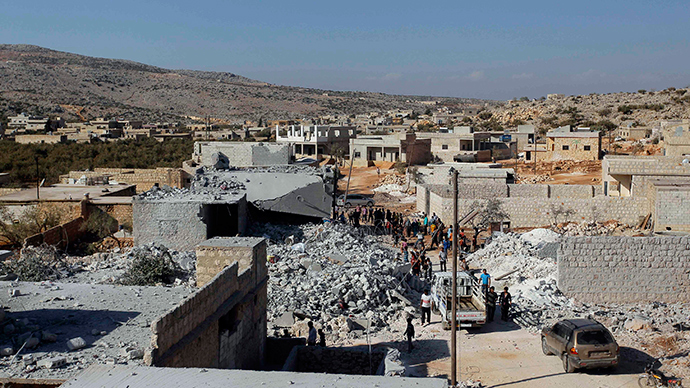


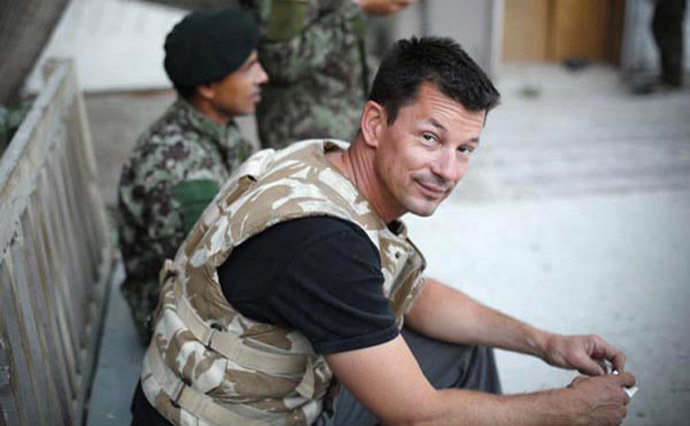

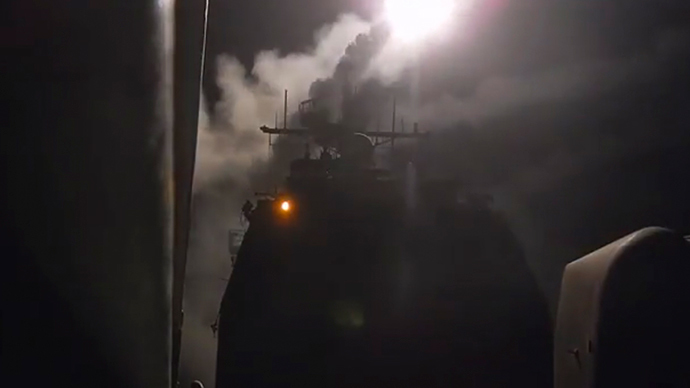
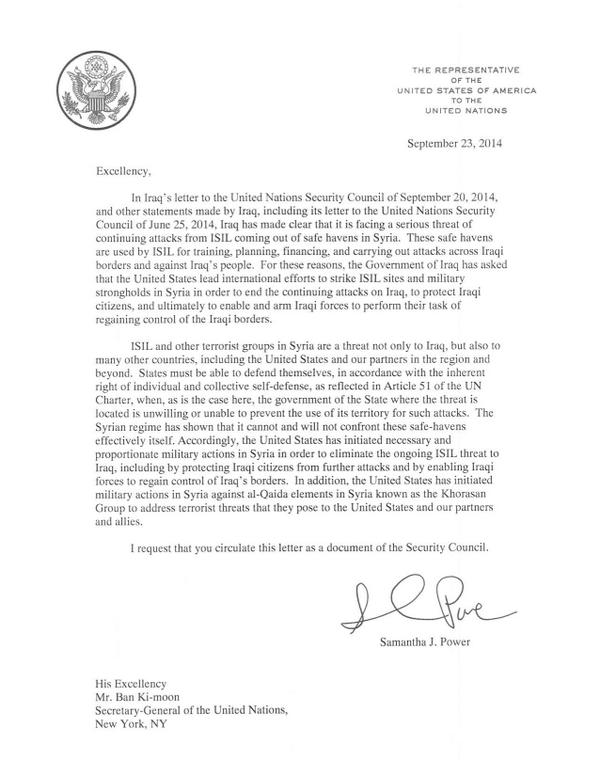

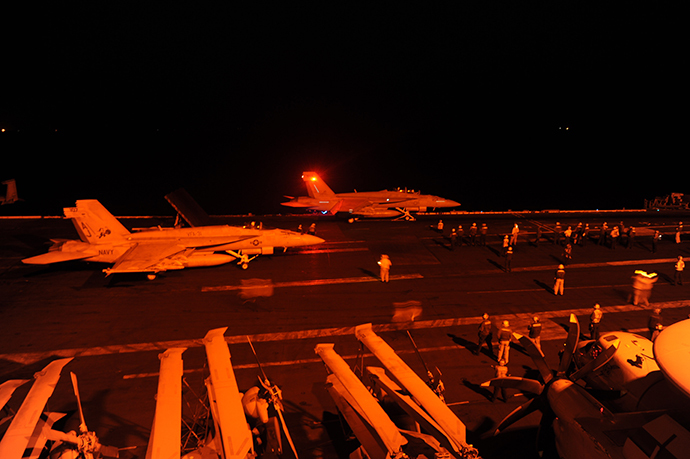
 Bas News English
Bas News English  Zaid Benjamin
Zaid Benjamin 
 Charles Lister
Charles Lister 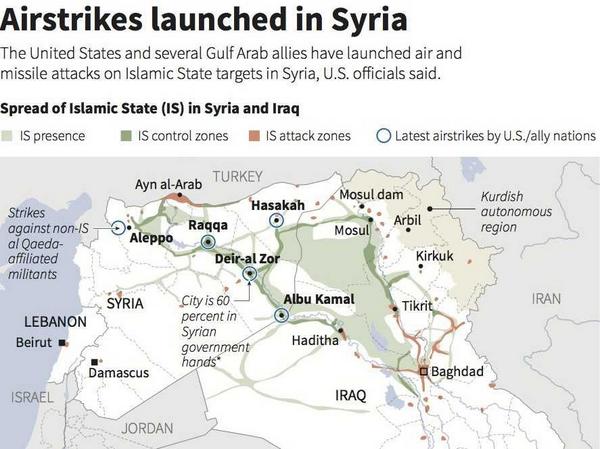
 Rudaw English
Rudaw English 










No comments:
Post a Comment